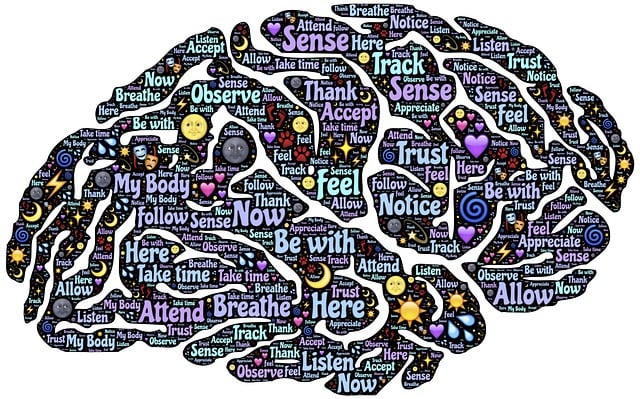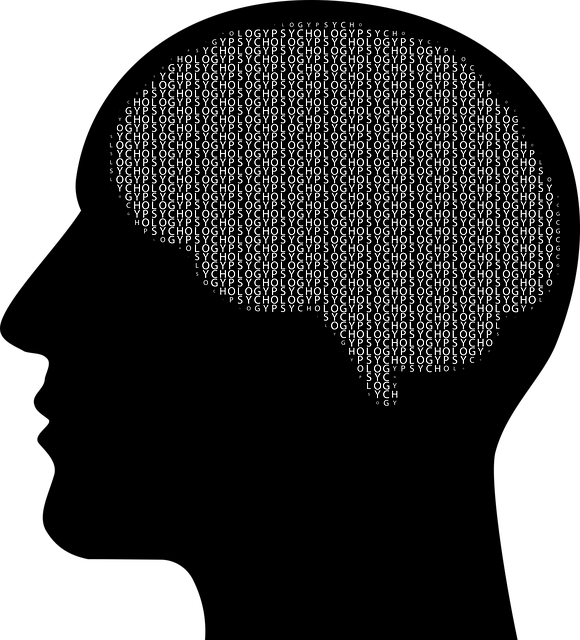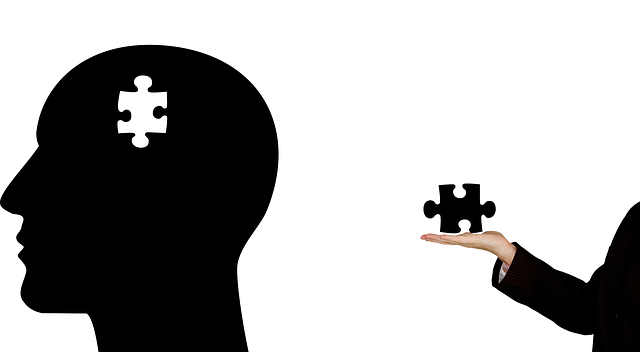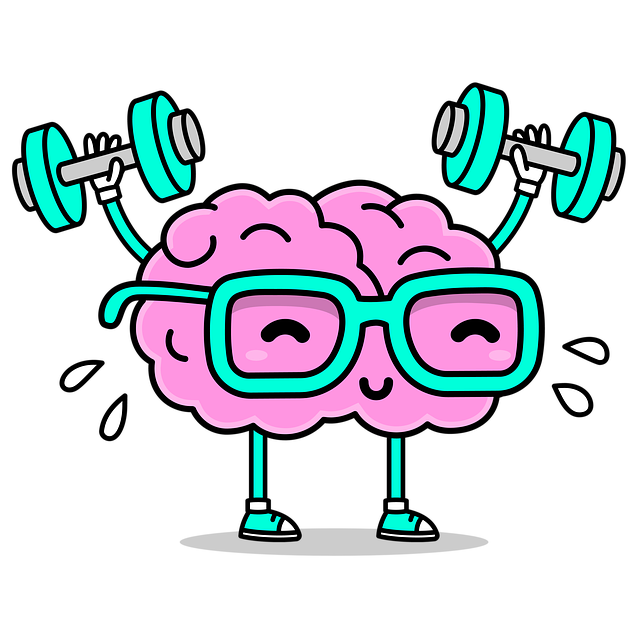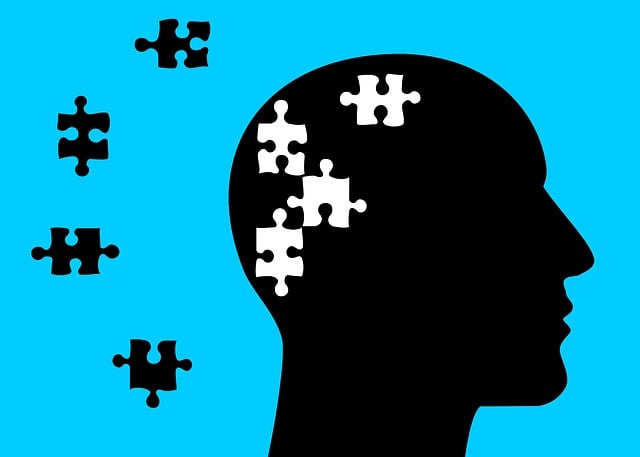Mental wellness involves holistically nurturing emotional, psychological, and social well-being, as advocated by Lafayette Therapy for Therapists-Clinicians. Burnout prevention strategies and effective risk management planning are crucial self-care practices. Assessing current habits and using resources like the Mental Wellness Podcast Series helps set tailored self-care goals. Integrating evidence-based practices like cognitive behavioral therapy and mindfulness meditation enhances self-care routines. A personalized, sustainable self-care plan, developed through introspection, aligns with individual needs and cultural backgrounds. Lafayette Therapy's innovative approach improves emotional regulation, client connections, and mental health services in a stressful world.
“Unwind, rejuvenate, and unlock your mental wellness potential with this comprehensive guide. In today’s fast-paced world, prioritizing self-care is paramount. This article navigates the essentials of mental wellness and introduces a structured approach to developing a personalized self-care routine. From understanding latent needs to integrating evidence-based practices, we delve into strategies that foster holistic wellbeing. Furthermore, discover Lafayette Therapy techniques tailored for therapists and clinicians, empowering you to enhance client care.”
- Understanding Mental Wellness and Self-Care
- Assessing Your Current Routine and Identifying Needs
- Integrating Evidence-Based Practices for Wellbeing
- Creating a Personalized Self-Care Plan
- Lafayette Therapy Techniques for Therapists-Clinicians
Understanding Mental Wellness and Self-Care

Mental wellness is a holistic concept encompassing our emotional, psychological, and social well-being. It’s about recognizing and nurturing our unique needs to lead fulfilling lives. For healthcare professionals like those at Lafayette Therapy for Therapists-Clinicians, understanding mental wellness involves acknowledging that burnout is a real risk in their line of work. Burnout prevention strategies for healthcare providers are crucial components of self-care practices, alongside effective risk management planning for mental health professionals.
Self-care isn’t just an indulgence; it’s a necessary practice to sustain mental wellness and prevent professional exhaustion. Incorporating self-care practices into daily routines can help therapists and clinicians recharge, reflect, and remain present with their clients. By prioritizing self-care, these professionals not only enhance their own well-being but also ensure they are equipped to offer the best possible care to those seeking support for their mental health journey.
Assessing Your Current Routine and Identifying Needs

Taking a step back to assess your current self-care routine is essential before developing a new one, especially when prioritizing mental wellness. This process involves introspection and reflection on your daily habits and activities—a kind of inventory check for your well-being. Are you engaging in practices that nurture your mind and emotions? Or do you find yourself caught up in a cycle of tasks that leave you feeling drained and unfulfilled? Recognizing these patterns is the first step towards change.
In this journey, consider leveraging resources like Lafayette Therapy for Therapists-Clinicians, which offers valuable insights through its Mental Wellness Podcast Series. These podcasts can guide you in understanding various aspects of mental wellness, including confidence boosting and inner strength development. By identifying areas where your current routine falls short, you can set specific goals to enhance self-care practices tailored to your unique needs.
Integrating Evidence-Based Practices for Wellbeing

Integrating evidence-based practices is a cornerstone of developing an effective self-care routine for mental wellness. Therapists and clinicians can leverage techniques such as cognitive behavioral therapy (CBT), mindfulness meditation, and positive psychological interventions to enhance their own well-being. These practices have been extensively studied and proven to reduce stress, improve mood, and foster resilience—all essential elements of a robust self-care regimen.
For instance, Lafayette Therapy offers valuable resources for therapists seeking to prioritize their mental health. By incorporating evidence-based strategies into daily routines, professionals can better manage their own emotional well-being, ultimately providing more effective crisis intervention guidance and coping skills development. This holistic approach ensures that those in the helping industry maintain their own mental health awareness while supporting others.
Creating a Personalized Self-Care Plan

Developing a personalized self-care plan is an empowering step towards enhancing mental wellness. It involves recognizing your unique needs and incorporating practices that nourish your mind, body, and spirit. This tailored approach ensures that your self-care routine resonates with your lifestyle, preferences, and cultural background, making it sustainable in the long term.
At Lafayette Therapy for Therapists-Clinicians, we emphasize the importance of Self-Care Routine Development for Better Mental Health. Our Healthcare Provider Cultural Competency Training equips professionals with tools to integrate compassion cultivation practices into their own lives, fostering a healthier and more compassionate community. By creating a space for self-reflection and prioritizing self-care, individuals can better serve others while maintaining their well-being.
Lafayette Therapy Techniques for Therapists-Clinicians

For Therapists-Clinicians looking to enhance their practice and better support clients, Lafayette Therapy offers a unique and innovative approach. This therapy technique focuses on emotional regulation and mental wellness, providing clinicians with powerful tools to assist individuals in navigating complex emotions and fostering resilience. By integrating Lafayette Therapy into their practices, therapists can improve their ability to connect with clients, offering personalized care that goes beyond traditional talk therapy.
The method encourages a holistic view of mental health, considering various factors that contribute to emotional well-being. This comprehensive approach is particularly beneficial in today’s fast-paced world where stress and anxiety are prevalent. Through training in Lafayette Therapy, clinicians gain expertise in helping clients manage daily pressures while also addressing underlying issues. As part of their professional development, therapists can explore this technique further, contributing to the overall enhancement of mental health services and supporting individuals in achieving a more balanced and fulfilling life through effective emotional regulation strategies.
Developing a mental wellness self-care routine is a transformative process, and by integrating evidence-based practices and personalizing your approach, you can achieve optimal wellbeing. The article has guided readers through understanding mental wellness, assessing their current routines, creating a personalized plan, and introducing Lafayette Therapy techniques for therapists-clinicians. By adopting these strategies, individuals and professionals alike can enhance their mental health, fostering resilience and overall life satisfaction.
